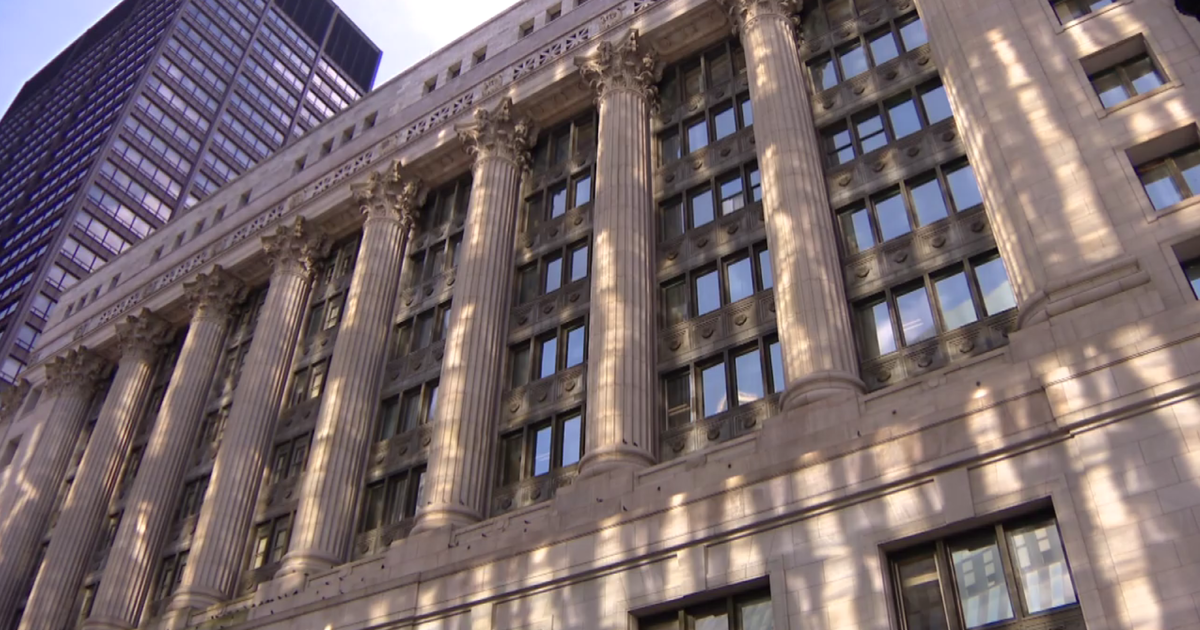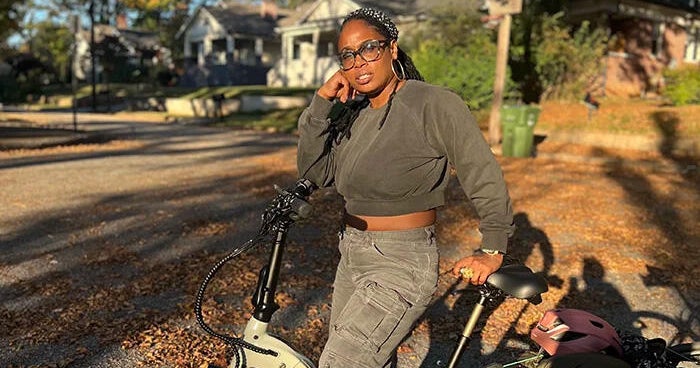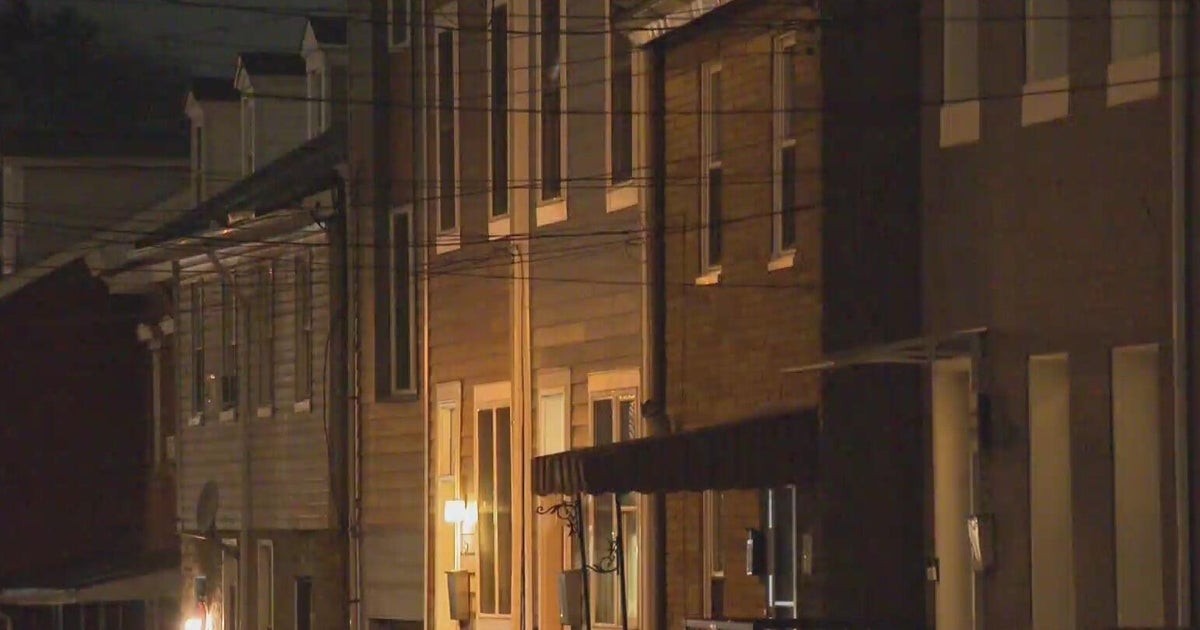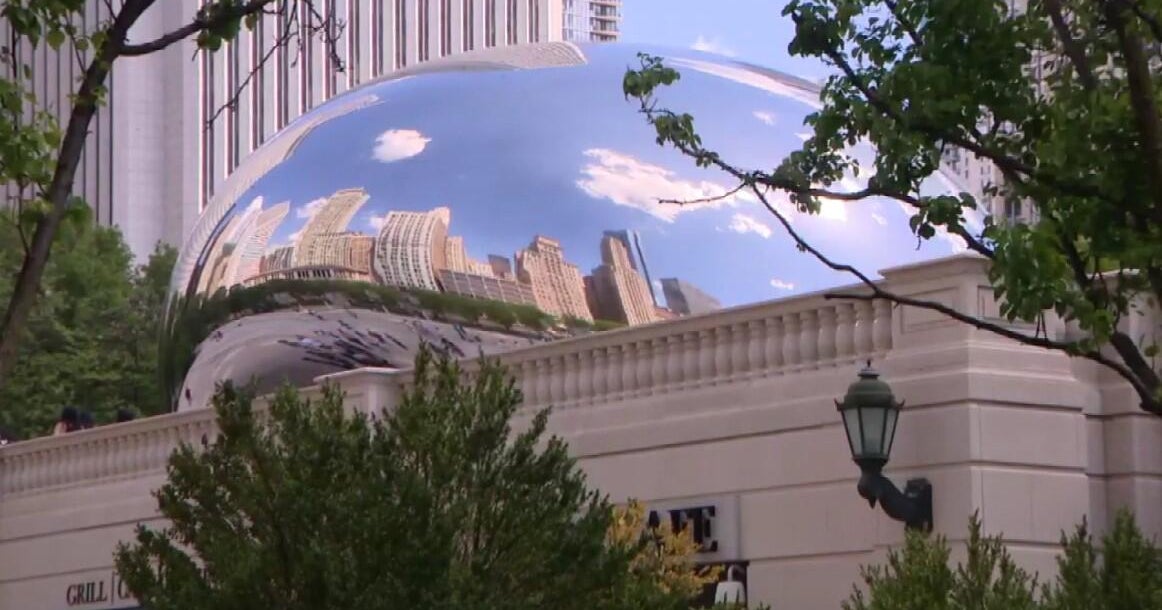Aldermen Approve Plan To Hike Minimum Wage
CHICAGO (CBS) -- Aldermen have overwhelmingly approved a plan to gradually raise the city's minimum wage to $13 an hour over the next five years.
The vote was 44-5 to approve Mayor Rahm Emanuel's plan at a special City Council meeting Tuesday.
The increase in Chicago's minimum wage would start with a boost from the state minimum of $8.25 an hour to $10 an hour on July 1, 2015. It would then go up to $10.50 in 2016, $11 in 2017, $12 in 2018, and $13 in 2019.
After 2019, the city's minimum wage would go up each year at a rate equal to the rise in the Consumer Price Index.
Mayor Rahm Emanuel said the ordinance would help ensure people who work full-time jobs don't have to live in poverty.
Asked why they'll have to wait more than four years, the mayor noted the minimum wage hasn't gone up since 2007.
"So, when you say it hasn't, it would take five years, that's because the task force recommended a methodical step-by-step increase, knowing full-well that, since 2007, it has been frozen," he said.
Podcast
The mayor was asked if the push for a $13-an-hour minimum wage was a political move from a mayor and aldermen running for re-election in less than three months.
Emanuel said voters will judge him on a lot of issues, and if the minimum wage were just political, elected officials would have raised it well before now.
Aldermen who opposed the plan said the $13-an-hour minimum wage in Chicago would put a burden on small businesses, especially in areas bordering the suburbs, but Ald. George Cardenas (12th) said low-wage workers are not making enough money to make ends meet.
"A full-time minimum wage worker makes $17,000 a year. When you compare that to a CEO of America's biggest companies, they make an average of $10.5 million a year," he said.
Ald. Tom Tunney (44th), owner of Ann Sather's Restaurants, said he's not worried about big corporations.
"There's the Wall Street titans, but you know what? Ninety-five percent of people, they really worry when they open that door, where are the customers coming? … How can I make the revenue?" he said.
Ald. Bob Fioretti (2nd), who is running against Emanuel in the February, voted for the measure, but said he would continue fighting for a $15-an-hour minimum wage.
Fioretti said the mayor's plan was "a good, positive first step," but said it would still keep minimum wage earners barely above the poverty line when the minimum wage reaches $13 a hour in 2019.
"We must continue the fight for 15. Today, I am voting for this ordinance, but we will not give up on 15," he said.
Cook County Commissioner Jesus "Chuy" Garcia, who also is running against Emanuel, applauded the council's vote, but questioned why Emanuel waited until the end of his first term – less than three months before the next election – to act, and why the ordinance doesn't raise the minimum wage to $13 an hour sooner.
Garcia also has said he supports a $15-an-hour minimum wage for Chicago.
"For a Mayor who is fond of saying he makes tough decisions, I think we have a right to ask why he did not make an easy one. Why didn't he support a minimum wage hike during his first year in office? Why does he want to wait another 5 years before raising everyone to $13 an hour?" Garcia said in a written statement. "Rents, restaurant prices and the cost of groceries are not going to wait another 5 years to go up. I continue to support a minimum wage increase that will bring low wage workers up to $15 an hour. As Mayor, I will pass legislation to do that my first year in office – not my last."
Business owners had warned raising the minimum wage so far above the state's minimum wage would prompt some shops and restaurants to relocate to the suburbs.
Retailers and other small business owners also said they fear their businesses will fail, or they'll have to raise prices or lay off workers to keep their businesses running.
Hank Meyer, the owner of BJ's Market and Bakery is afraid his business plan is about to bust.
"If I can pass this cost along to my customers, which I have to, I don't know how much they will tolerate," Meyer said.
Most of his workers make the minimum wage.
Illinois Restaurant Association President Sam Toia claimed a $13-an-hour minimum wage would eliminate 11,600 jobs in Chicago, and would also make it harder for Chicago residents to get remaining minimum wage jobs.
"This ordinance will hit Chicago workers with a double whammy. Fewer jobs will be available, and there will be more competitions for those jobs from suburban residents," he said. "We should definitely have an increase to the minimum wage. We just don't think it should be piecemeal from municipality to municipality."
An effort to raise the statewide minimum wage stalled Tuesday as House Speaker Michael Madigan says the votes are not there to pass the measure.







